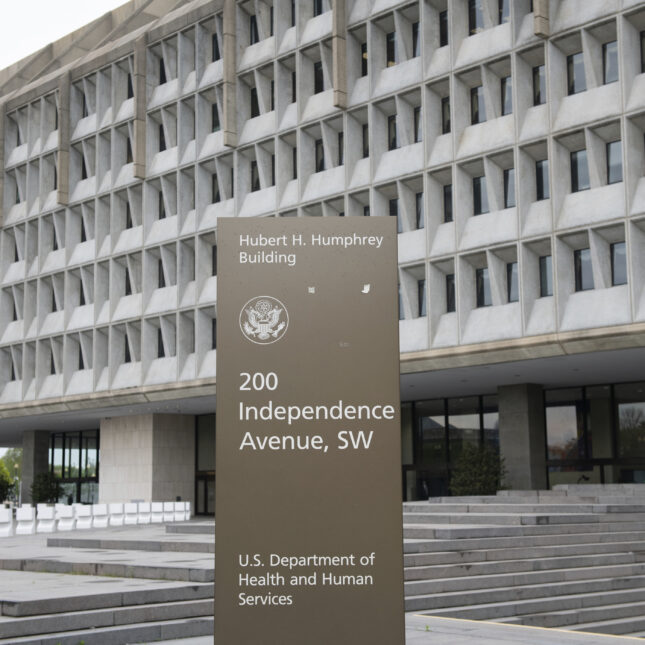
The federal government has cemented a key part of its strategy for making patients’ medical records transfer easier: setting disincentives for providers engaging in what’s known as “information blocking.”
In a final rule released Monday, the Health and Human Services Department outlined financial consequences for hospitals, clinicians, and accountable care organizations if they interfere with or discourage the access or use of electronic health information, including by patients, except in certain exceptions.
The disincentives would limit hospitals’, clinicians’, and provider groups’ federal earnings from a Medicare interoperability program. Accountable care organizations may not be able to participate in the Medicare Shared Savings Program if it’s determined that they’ve committed information blocking. Monday’s rule builds on HHS’ earlier action establishing an up to $1 million penalty for health IT developers and vendors blocking data flow, as determined by HHS’ Office of Inspector General.

This article is exclusive to STAT+ subscribers
Unlock this article — plus in-depth analysis, newsletters, premium events, and news alerts.
Already have an account? Log in
To submit a correction request, please visit our Contact Us page.










